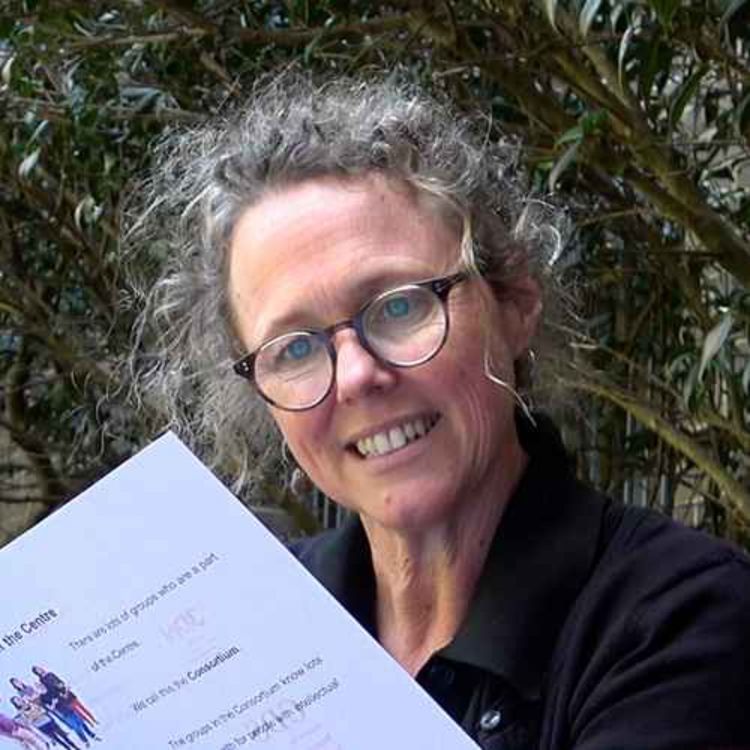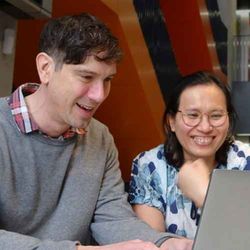Share

Intellectual & developmental disability and mental health
Easy Read: inclusive mental health services for all
Bronwyn Newman’s research reveals the need for more Easy Read information in mental health services.
We asked Bronwyn about her research findings and how mental health services can become more inclusive with Easy Read.
Links
Read about Bronwyn's research at www.3dn.unsw.edu.au/news/easy-read-inclusive-mental-health-services-all
Read the published research: How do Australian mental health services use easy read to make information accessible for people with intellectual disability?, Journal of Applied Research in Intellectual Disabilities, https://doi.org/10.1111/jar.13156
Our Easy Read resources on mental health services in NSW designed for health professionals to use with patients and their supporters.
Our IDMH Connect website has information for professionals working with people with intellectual disability.
More episodes
View all episodes

Mental health services, intellectual disability and re-offending
13:50|A mix of tailored mental health, disability and community services can substantially reduce the rate at which people with intellectual disability return to prison.These important new findings come from research by Dr Julian Trofimovs, undertaken for his PhD. Julian’s research used a unique dataset that combines information from justice, health and disability organisations across NSW.Find out more and read a transcript at the 3DN website.
From accidental doctor to disability health champion
16:50|Emeritus Professor Helen Beange is a celebrated doctor, researcher and mentor in intellectual disability health. For over 40 years, Helen provided health care for people with intellectual disability, leadership in research, and powerful advocacy for better services.In this interview, Julian Trollor talks with Helen about how she got into medicine and intellectual disability health, her experience of those early days of genetic discovery and deinstitutionalisation, what she thinks has changed over the years, and her hopes for the future.Find out more about Helen and read a transcript of this interview at the 3DN website.
Avoiding deaths in mental health wards - about our research
03:30|Please note: This episode talks about issues that some people may find distressing. Please take care while listeningIn this episode, Dr Pramudie Gunaratne talks about research by the 3DN team that looked at how many people were dying on NSW mental health wards and what they were dying from.The research shows that almost a third of deaths that occur in mental health wards could be potentially avoidable. The researchers use their findings to come up with recommendations on how to avoid deaths on our mental health wards.LinksRead the research Mortality and cause of death during inpatient psychiatric care in New South Wales, Australia: A retrospective linked data study, Journal of Psychiatric Research, https://doi.org/10.1016/j.jpsychires.2023.05.043Read a news piece about the research.3DN is the Department of Developmental Disability Neuropsychiatry at UNSW, Sydney. Find out more about us at www.3dn.unsw.edu.auIf anything we talk about in this episode raises any concerns for you, please reach out for support. In Australia you can contact Lifeline on 13 11 14 or Beyond Blue on 1300 224 636.